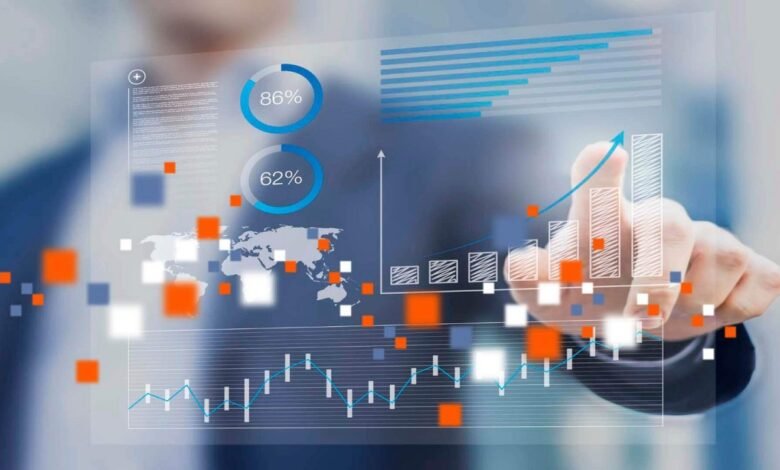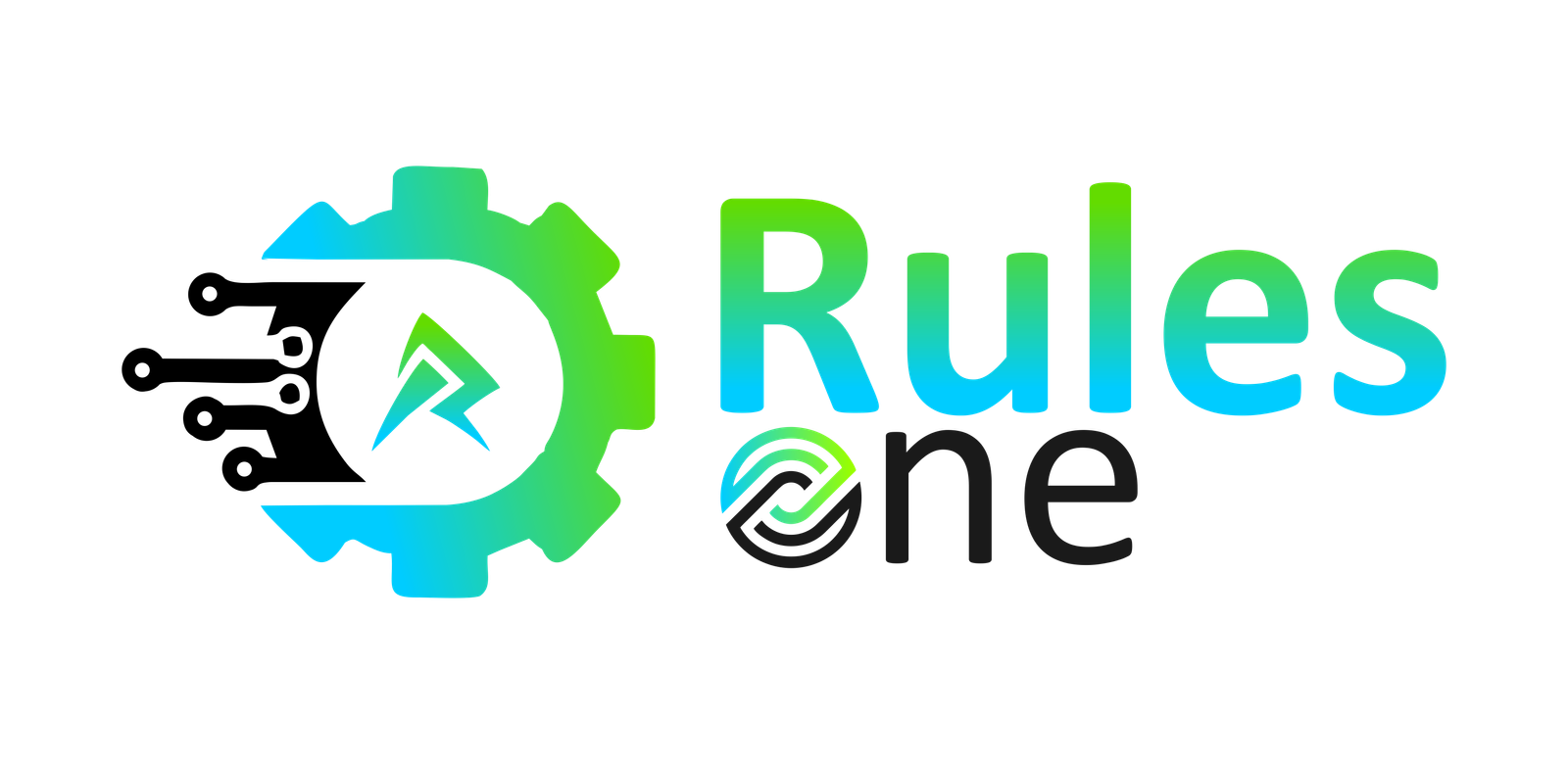Data Analytics and Visualization: Visualize Your Success

Ever wondered how businesses make informed decisions or scientists draw significant conclusions from heaps of data? The answer often lies in data analytics and visualization.
Introduction to Data Analytics
- What is Data Analytics?
Data Analytics involves using algorithms and computational techniques to identify patterns and trends within data. Remember the last time you shopped online, and the platform seemed to know what you might want to buy next? That’s Big data analytics in action!
Importance in Today’s World
In our information age, data is the new oil. It’s abundant and valuable but can only be useful if refined. Data analytics acts as the refinery, extracting valuable insights from raw data. From healthcare to finance, its impact is profound.
Dive into Data Visualization
- Understanding Data Visualization
Imagine trying to understand the rainfall pattern in a region over a decade using a table with thousands of numbers. Tough, right? Now, think of a graphical representation of the same data. Makes life simpler! That’s the power of data visualization – presenting data in a pictorial or graphic format.
Tools and Techniques
- Popular Tools for Data Visualization
There’s a plethora of tools available today:
Tableau: A leader in the visualization domain, ideal for interactive dashboards.
Power BI: Microsoft’s offering for business analytics, known for deep integration with other Microsoft products.
Python Libraries: Libraries like Matplotlib and Seaborn allow for custom visualizations with code.
Visualization Techniques
Different types of data require different visualization techniques:
Bar Charts: Great for categorical data.
Line Graphs: Best for time series data.
Heatmaps: Useful for understanding density and concentration.
Integration of Data Analytics and Visualization
They do resemble the two halves of the same coin. Data has to be visualized after analysis for improved comprehension and insights. Combined, they offer a potent mix of insightful, easily interpretable data.
Real-world Applications
- Business Decision Making
Businesses use data analytics and visualization to gauge product performance, understand customer preferences, or predict sales. Can you recall the last company presentation you saw? It had charts and graphs derived from data analytics.
Scientific Research
Researchers use these tools to understand phenomena, validate hypotheses, or represent data in academic papers. Ever seen a beautiful representation of star constellations? That’s data visualization for you!
Digital Marketing
The digital marketing realm thrives on data. Marketers analyze website traffic, ad performance, and more, visualizing their findings to tweak strategies. Remember those catchy infographics that sum up a topic? That’s a blend of analytics and visualization.
Future of Data Analytics and Visualization
The future is exciting! With artificial intelligence and machine learning advancements, the scope of what can be analyzed and visualized is expanding. In a few years, we might have holographic data visualizations.
Conclusion
In the ever-evolving world of technology, data analytics, and visualization stand out as beacons guiding us through a sea of information. They help us understand, interpret, and use data efficiently. So, remember the power of data analytics and visualization next time you see a captivating graph or a recommendation.
Rate us our Post (Data Analytics and Visualization: Visualize Your Success)How much do you like our Article








